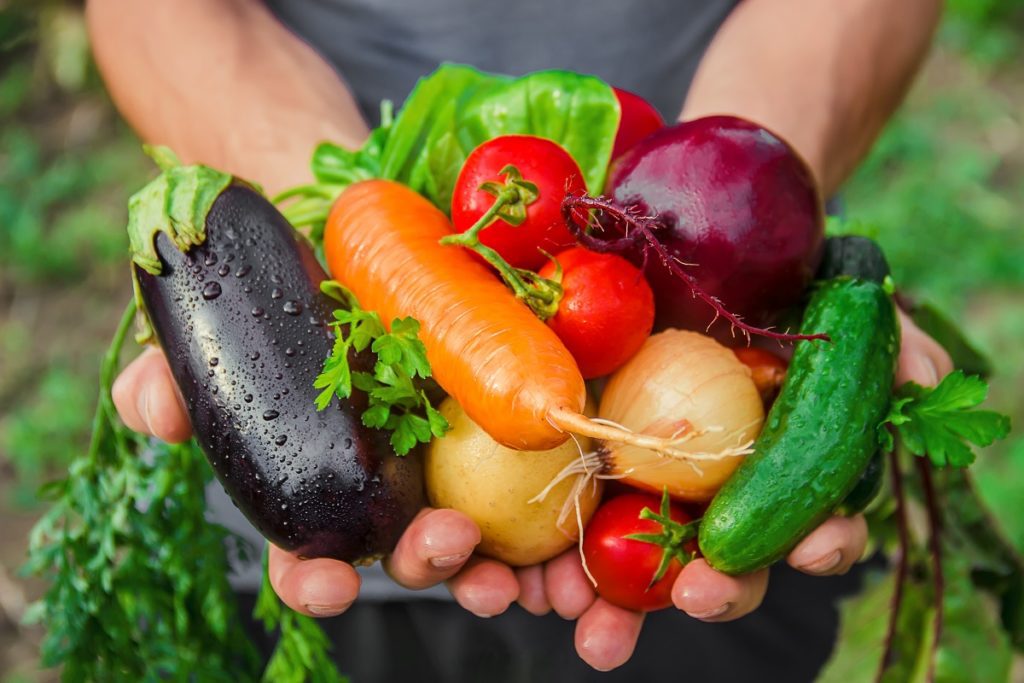Companion planting is a gardening practice where certain plants are grown together to enhance each other’s growth, repel pests, attract beneficial insects, and maximize space in the garden. Here are some common companion planting combinations for vegetable gardens:
- Tomatoes and Basil: Basil helps to repel pests that commonly affect tomatoes, such as aphids and tomato hornworms. Plus, the aroma of basil enhances the flavor of tomatoes.
- Carrots and Onions: Carrots and onions are mutually beneficial when planted together. Onions repel carrot flies, while carrots deter onion flies.
- Lettuce and Radishes: Radishes act as a natural pest repellent for lettuce by deterring aphids. Additionally, radishes mature quickly and can be harvested before lettuce grows too large, maximizing space in the garden.
- Beans and Corn: Beans add nitrogen to the soil, which benefits corn, a heavy nitrogen feeder. Corn also provides a natural trellis for beans to climb.
- Cucumbers and Nasturtiums: Nasturtiums repel cucumber beetles, which are common pests for cucumbers. They also attract beneficial insects that prey on pests.
- Spinach and Strawberries: Strawberries provide ground cover, which helps retain moisture and suppress weeds for spinach. In return, spinach’s dense foliage shades the soil, preventing weeds from competing with strawberries.
- Peppers and Marigolds: Marigolds deter nematodes in the soil, which can harm peppers. They also repel other pests like aphids and whiteflies.
- Broccoli and Dill: Dill attracts beneficial insects like predatory wasps and ladybugs, which prey on pests that attack broccoli, such as aphids and cabbage worms.
- Cabbage and Chamomile: Chamomile improves the flavor of cabbage and helps to repel cabbage moths.
- Peas and Carrots: Peas add nitrogen to the soil, benefiting carrots, while carrots help to loosen the soil for peas to grow more easily.
Remember to consider factors like soil compatibility, sunlight requirements, and spacing needs when planning your companion planting arrangements. Additionally, while companion planting can offer benefits, it’s essential to monitor your garden regularly for pests and other issues and to employ additional pest control measures if necessary.
